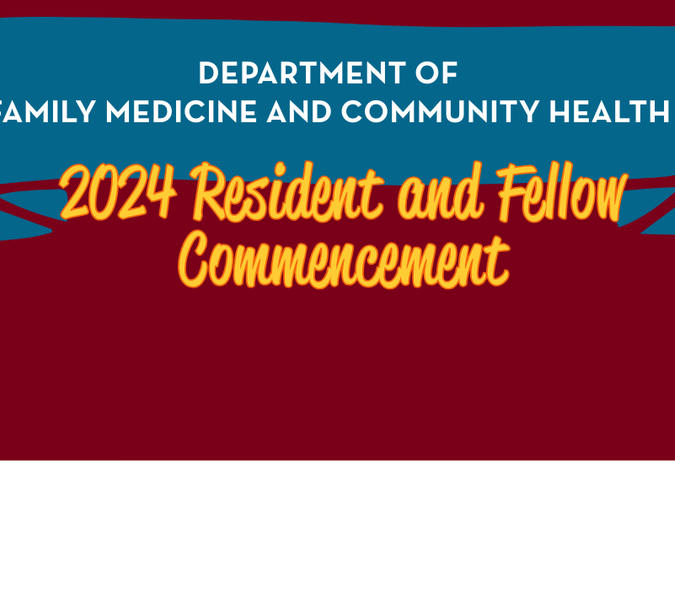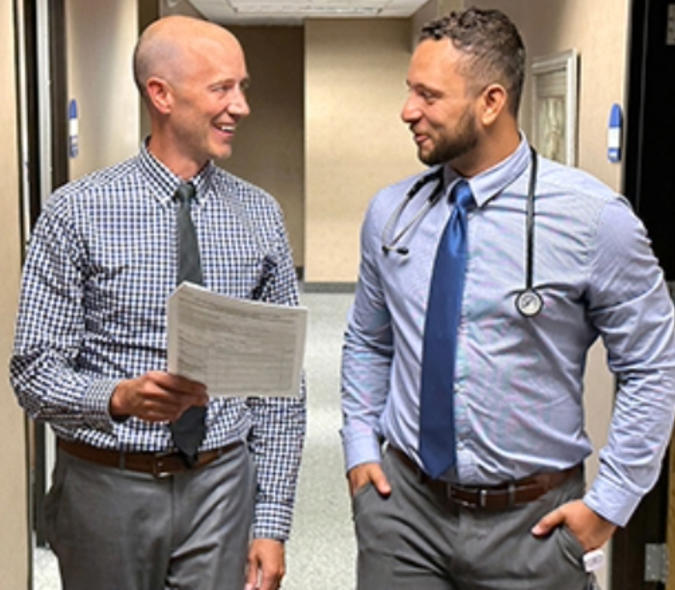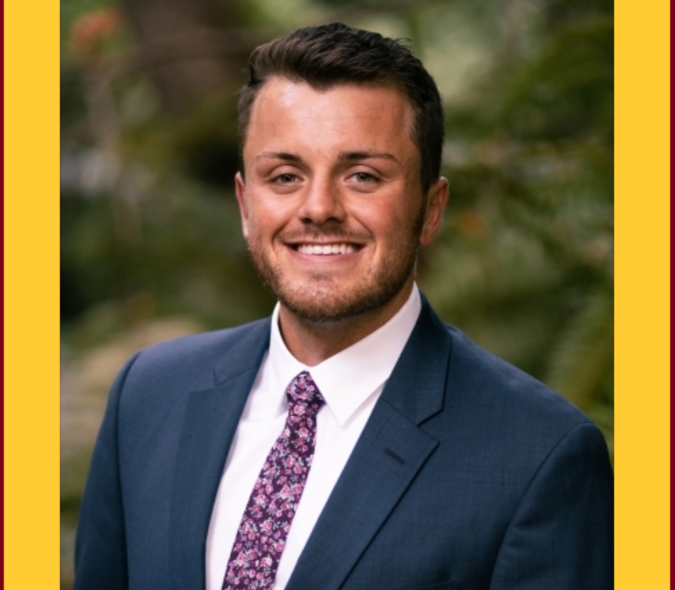
Dr. Loth’s New Study on Supporting Vulnerable Families During COVID-19
Behavioral epidemiologist and Department of Family Medicine and Community Health faculty Katie Loth, PhD, MPH, RD, is devoting time to figuring out how to support vulnerable families in this challenging time of COVID-19.
Upon the initial emergence of COVID-19, essentially all attention was focused on how we could slow and stop the spread. This has by no means changed. But when we consider public health, we must also consider the way in which policies are being instituted with a goal of protecting our most vulnerable populations. We must ensure that these policies do not negatively affect disadvantaged families even further.
In March, Dr. Loth applied for and received a CO:VID (Collaborative Outcomes: Visionary Innovation & Discovery) grant, allowing her to launch a study on how COVID-19 has impacted 80 Twin Cities families of diverse backgrounds. These families are members of a larger cohort that the U of M School of Public Health researchers have been tracking since 2010.
Dr. Loth says that we need to explore these issues within a diverse cohort of families, both racially and socioeconomically. This is because her study is designed to determine the ways in which characteristics such as one's household structure or socioeconomic status may play a part in how they handle the pandemic's various challenges.
Exploring these questions within a racially and socioeconomically diverse cohort of families is key, according to Dr. Loth, since her study seeks to understand how various family-level characteristics, such as household structure or socioeconomic status, might impact a family's ability to navigate the various threats brought on by the pandemic.
Because the 80 families have been study participants for nearly 11 years, Dr. Loth believes that this factor made it easier for her to get deeper in understanding how they had been affected by COVID-19. Using existing data was key to achieving this deeper understanding — it allowed Dr. Loth to suss out whether some families are better equipped to handle these challenges or are more susceptible to them.
Using data from studying this cohort of families, Dr. Loth has created a high-level policy brief that lays out suggested steps for policymakers and advocates in public health on improving community health — particularly concerning families with the most vulnerability.
Dr. Loth has been deliberate and mindful about the ways in which the gathered data from families was being used. Instead of the usual approach — publishing and sharing the findings widely as step one — Dr. Loth decided to disseminate the findings to the public as quickly as possible. That is because she believes that everyone deserves immediate and unobstructed access to this information.
More data will be coming as the team continues its research. Stay tuned for updates. Download the high-level brief featuring Dr. Loth's research findings.
Related:



